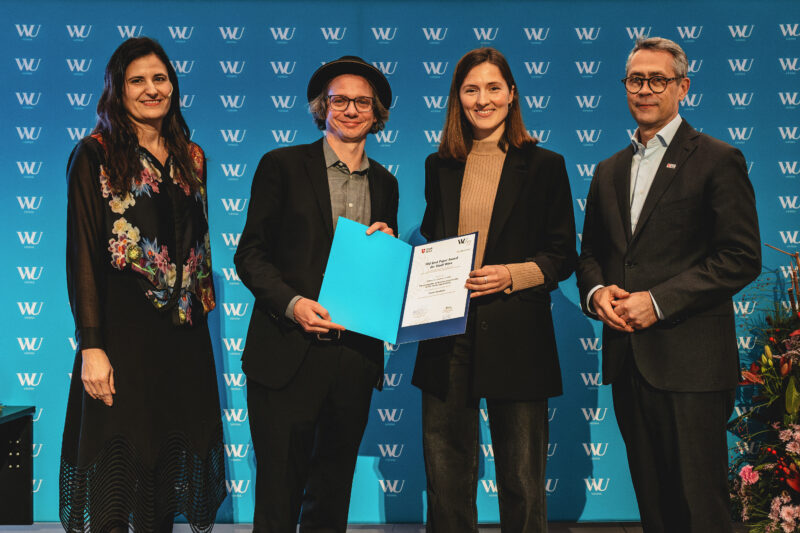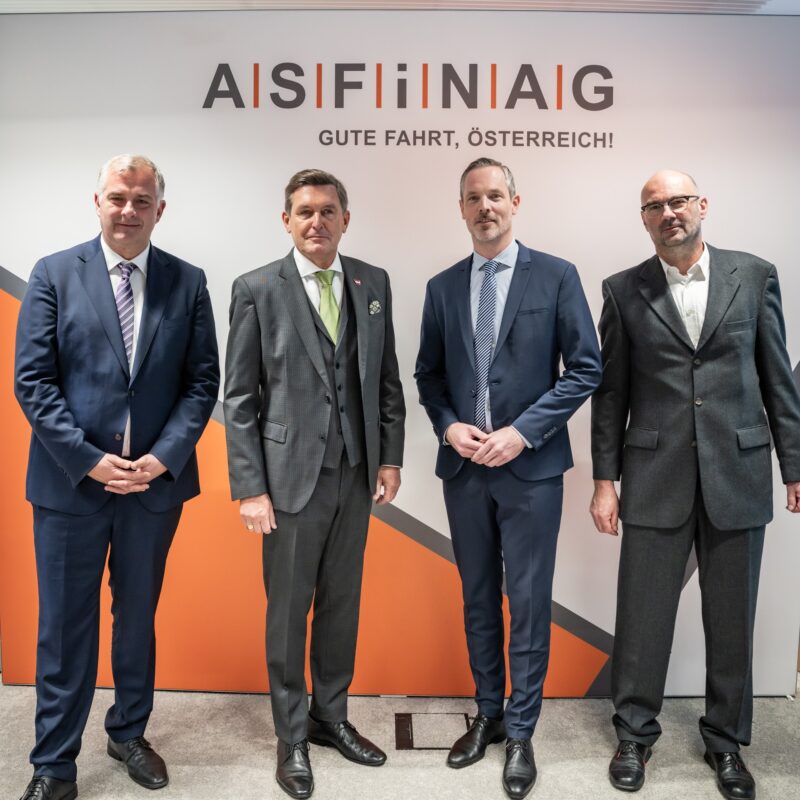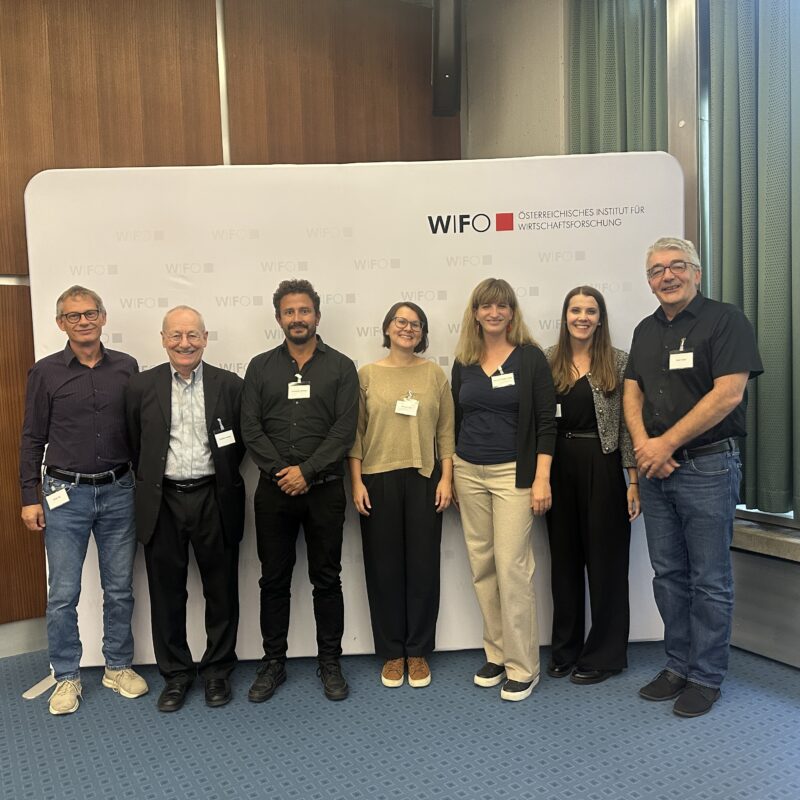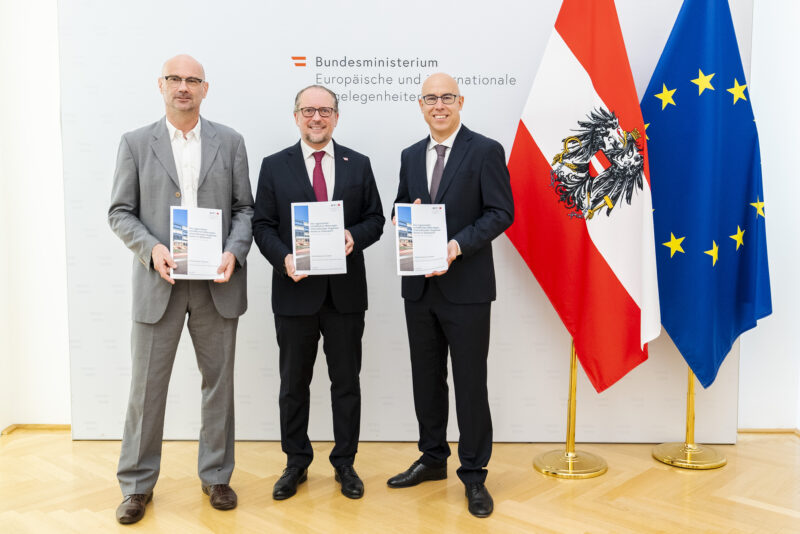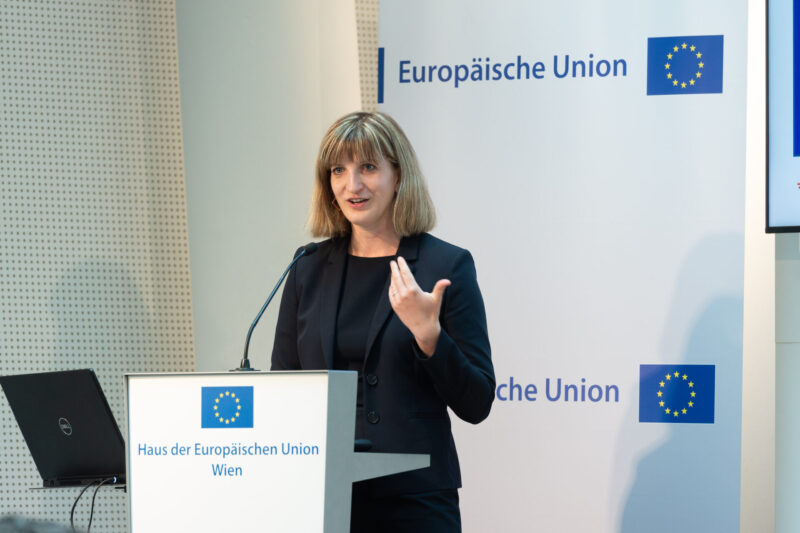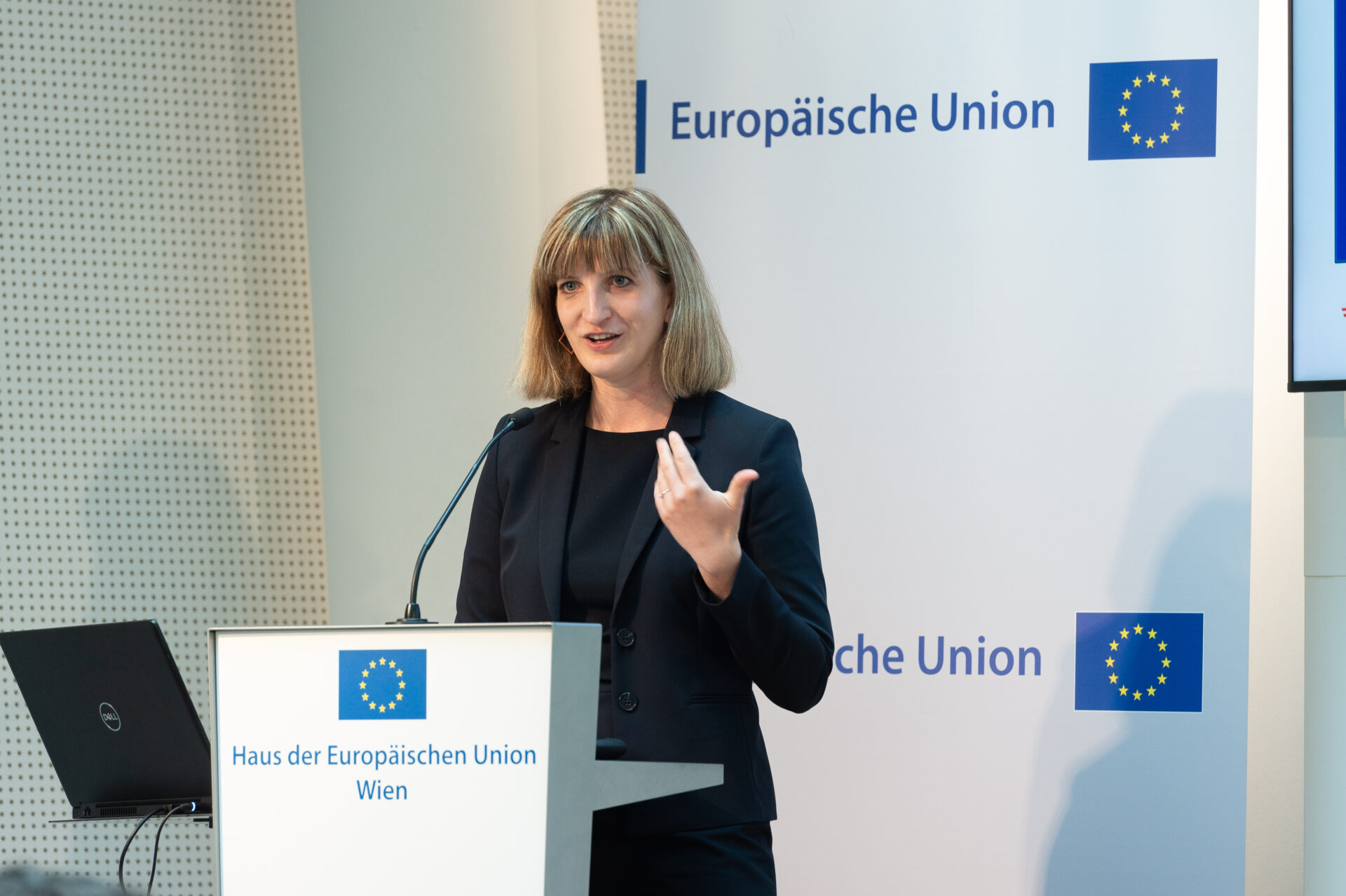
The Future of Cohesion
"It is clear that EU cohesion policy is particularly effective where the public administration works and the institutional environment is good. The availability of sufficient administrative capacities and information on the skills and resources available in the region is central to the efficient planning and successful implementation of the programmes," says Julia Bachtrögler-Unger.
The EU Cohesion Policy is an important element of European solidarity. Its purpose is to offset economic and social differences within the EU by means of targeted investments. However, this multi-billion euro structural policy demands a considerable portion of the EU budget, which is coming under scrutiny in these current times of penny-pinching, also in Brussels. What are the current challenges facing EU cohesion policy and how can reform be attempted in the next financial framework?
The final report was compiled by researchers from ZEW Mannheim and an international team of experts from the fields of regional economics, finance and law. The report contains 14 chapters with analyses and concrete proposals for improving the effectiveness of cohesion policy. In their study, the researchers come to the conclusion that regional policy has positive effects on growth and employment, but that these are often of a short-term nature. A recommendation is to particularly focus funding on the less developed EU member countries which have efficient and corruption-free administrations.
Please contact


